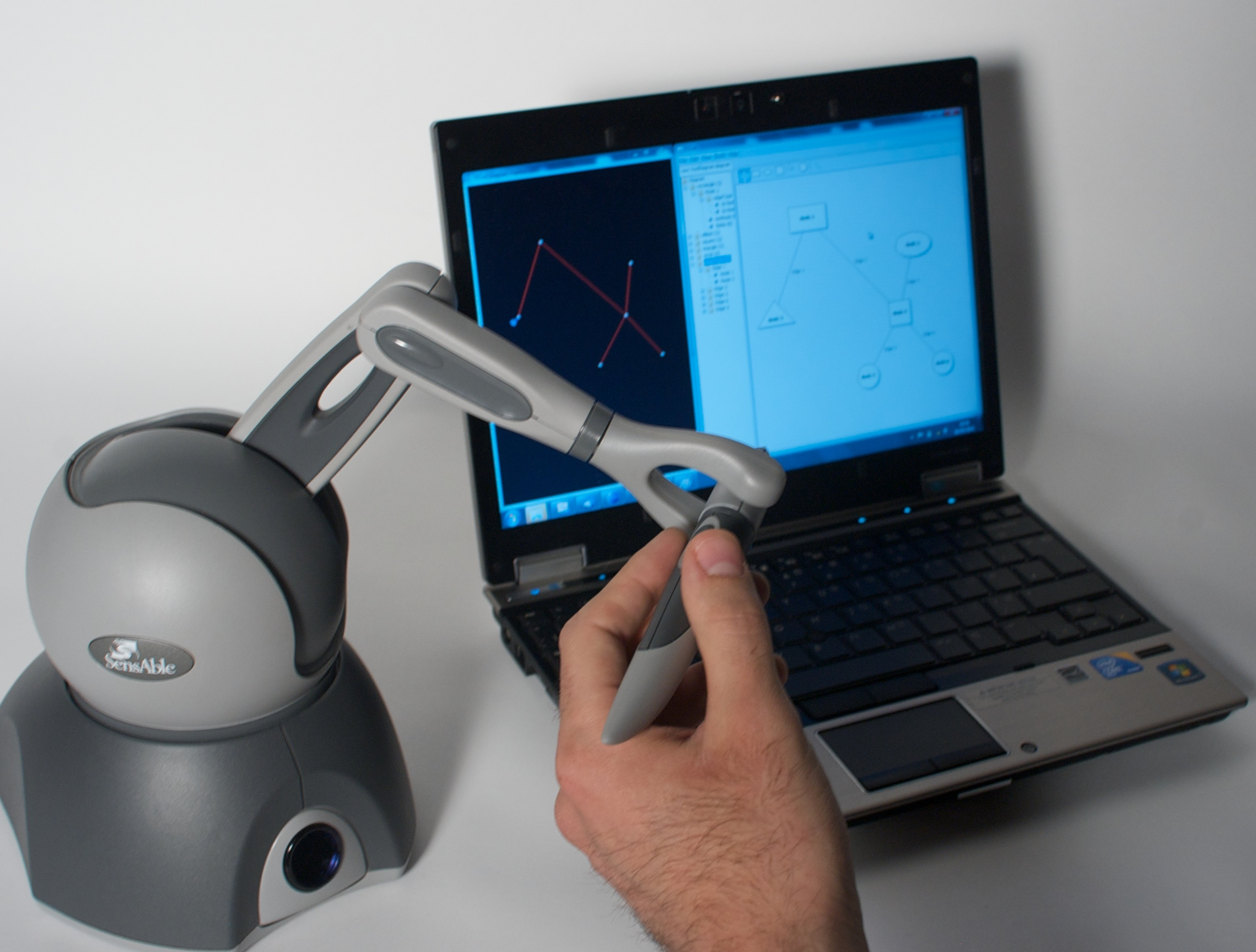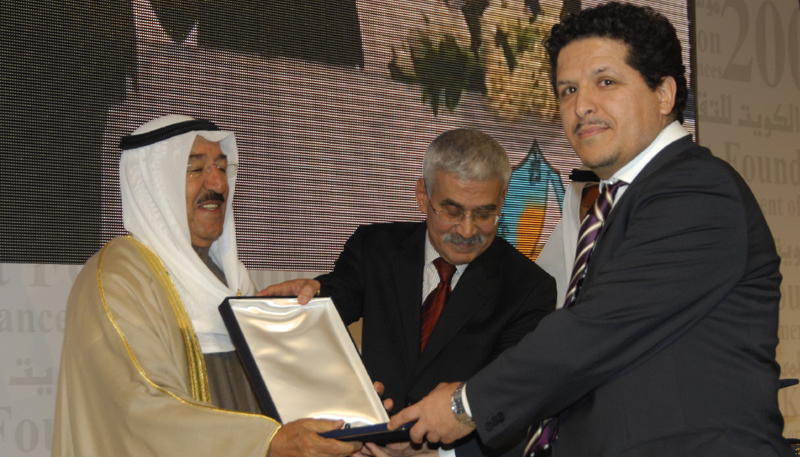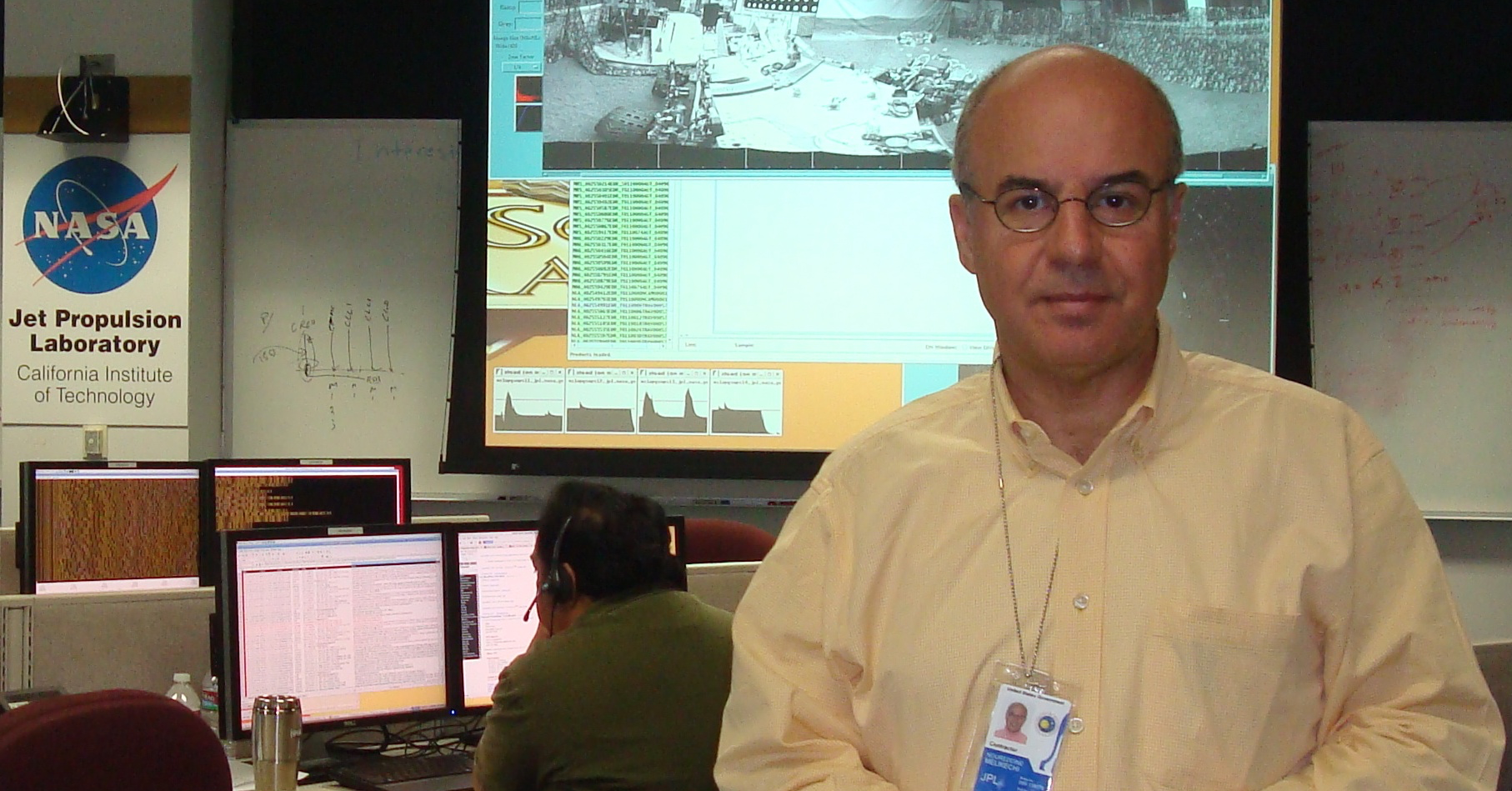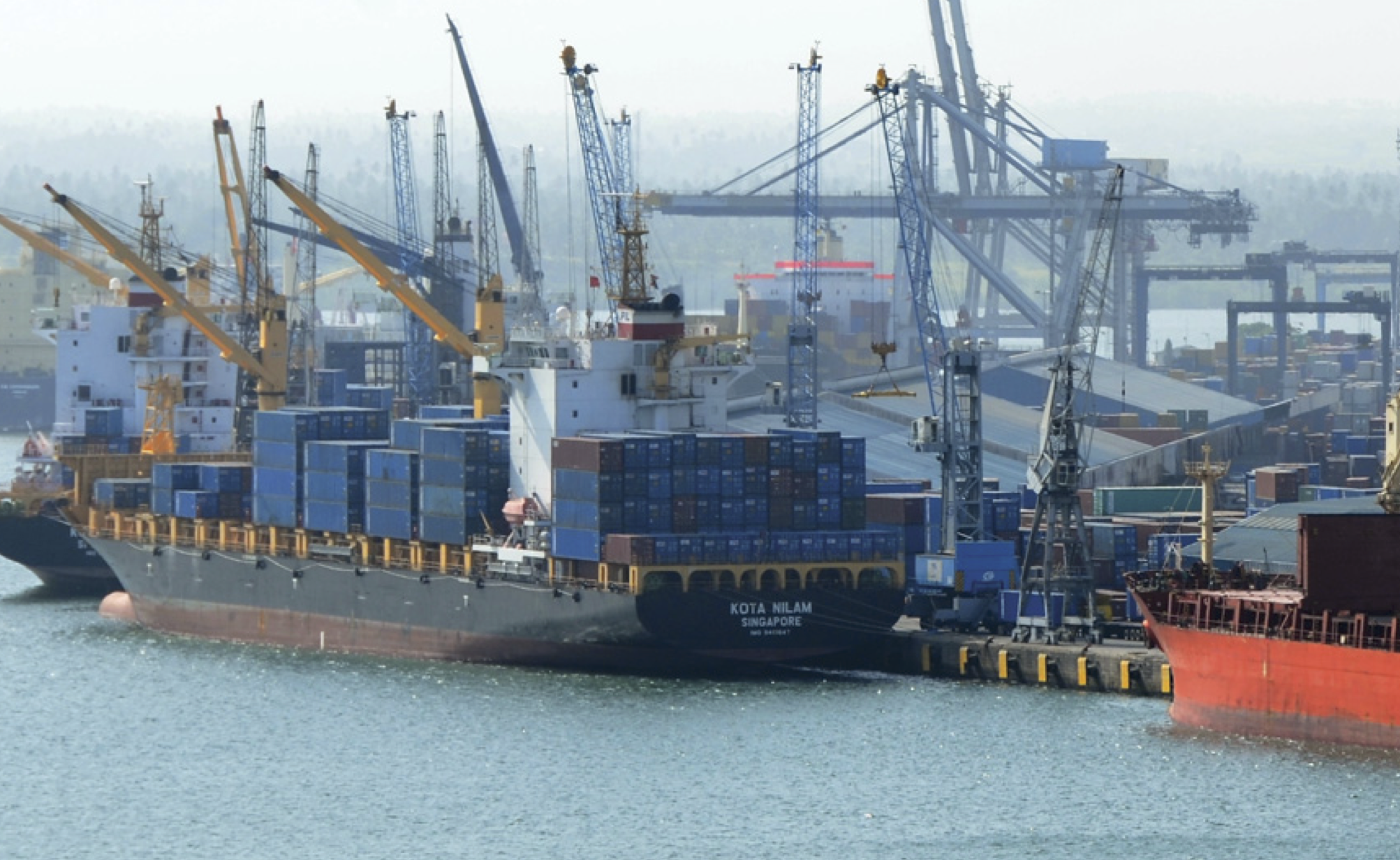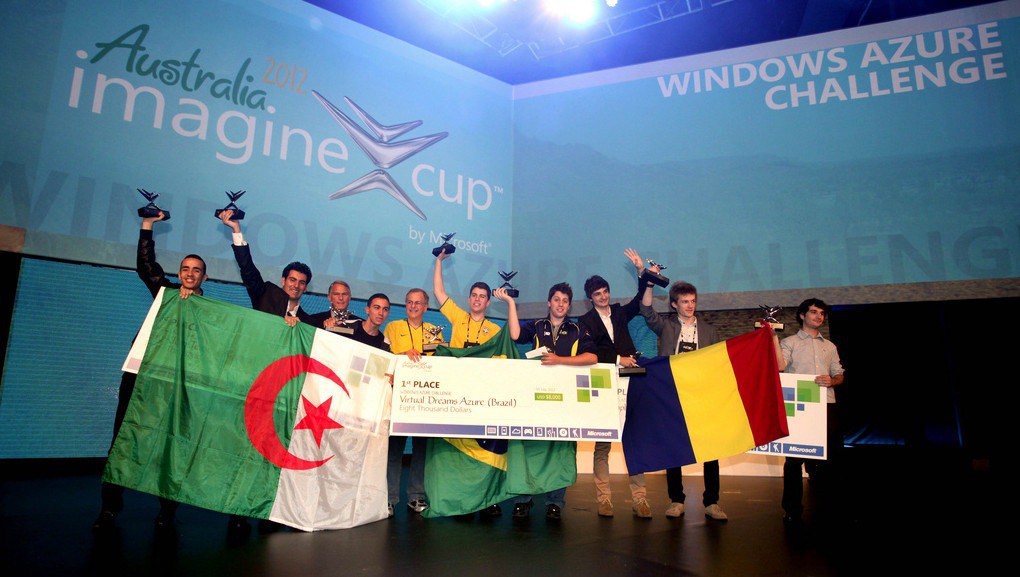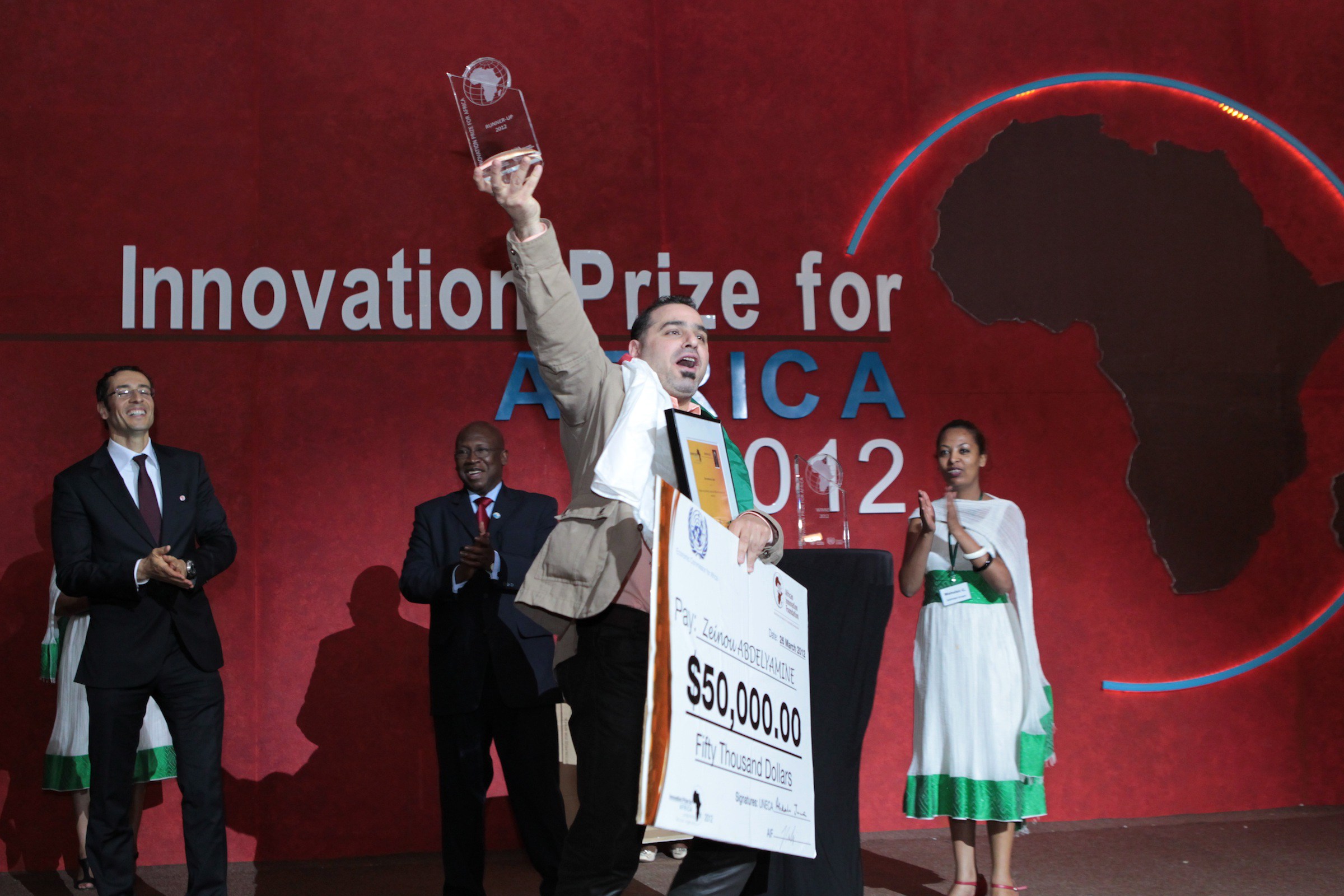Feature | Mobile telecoms market in Algeria: the untapped potential of 3G
The introduction of mobile communications in Algeria had a tremendous impact on its economy and its society. The deregulations of the telecommunication market at the beginning of the 21st century enabled a large proportion of the population to be finally connected to the global telecommunication network, and by the end of 2011, there were over 35 million mobile subscribers, compared to only 5 million in 2004 – a seven-fold increase. The anticipated launch of the 3G high-speed network during 2013 could have an even more far-reaching impact, as it will open up access to the Internet for anyone with a sufficiently capable mobile phone.
Editorial | The Algerian Paper of the Year Awards, 2013 edition
Producing scientific work that pushes the boundaries of science is an intensive process that requires rigorous planning, hard work, commitment and creativity as well as a scientific culture that supports these efforts. Recognising and celebrating contributions that advance scientific knowledge are therefore essential to nurturing and maintaining successful research environments. Read More
Feature | Can you hear that diagram?
What does a diagram sound like? What does the shape of a sound feel like? At first sight, listening to diagrams and feeling sounds might sound like nonsense, but for people who are visually impaired it is a practical issue. Even if you can’t see them, you can still listen to words, after all. Spoken books were originally intended for partially-sighted people, before we all realised how useful they were. Screen readers similarly read out the words on a computer screen making the web and other programs accessible. Blind people can also use touch to read, which is essentially all Braille is, replacing letters with raised patterns you can feel. Read More
Interview | Dr. Habib Zaidi, from anatomical to molecular imaging technology
Dr. Habib Zaidi is Chief Physicist and Head of the Positron Emissions Tomography (PET) Instrumentation & Neuroimaging Laboratory at Geneva University Hospital. He is also a Professor of Medical Physics at the University Medical Center of Groningen (the Netherlands) and visiting Professor at École Nationale Supérieure d’Electronique et de ses Applications (ENSEA, France). Dr. Zaidi is actively involved in developing imaging solutions for cutting-edge interdisciplinary biomedical research and clinical diagnosis. His academic accomplishments in the area of quantitative PET imaging have been well recognized through many awards and distinctions most notably the prestigious 2010 Kuwait Prize of Applied Sciences (also known as the Middle Eastern Nobel Prize) awarded by the Kuwait Foundation for the Advancement of Sciences (KFAS), which he received for outstanding accomplishments in Biomedical Technology. Read More
Interview | Prof. Noureddine Melikechi on the NASA’s Curiosity Mars rover mission
Dr. Noureddine Melikechi, Professor of Physics, Dean of the College of Mathematics Natural Sciences and Technology at Delaware State University (DSU) and the founding director of the first Applied Optics Center of Delaware at the same university, speaks to Inspire Magazine about his involvement with NASA’s Curiosity Rover Mars mission, his research and thoughts on science strategy, innovation and culture. Read More
Feature | Going beyond infrastructure gaps to improve trade competitiveness in Sub-Saharan Africa
In 2006, I was requested to contribute to an analysis of the impact of transportation costs on trade competitiveness in Sub-Saharan Africa (SSA). Back then, I was working as an intern in the World Bank (WB) Africa Transport Unit with Gaël Raballand, a senior WB economist, to conduct a cost/benefit analysis (CBA) of a US$ 200 million regional transport project in Central Africa (Cameroon, Central African Republic and Chad). The project included investments in road and rail infrastructure, in border posts, and few innovative soft components to facilitate trade movements in the region (1). Six years later, the project is still on and has been extended three times to reach a total approved financing of more than half a billion dollars to date.
Interview | Harnessing cloud computing for diabetic patients and caregivers: Imagine Cup 2012 Winners
The Microsoft Imagine Cup is an international student technology competition that gathers young developers from around the world who come together to compete by building technology-based solutions to solve challenging problems. This year’s competition took place in Sydney, Australia, and Algeria was represented by The Klein Team who made it to the top 3 in the Windows Azure Challenge with their software solution for diabetes management. Inspire Magazine caught up with Amine Bounoughaz, a member of the Klein Team, to talk about their innovative application and inspiring experience. Read More
Feature | Doctored image detection: a brief introduction to digital image forensics
The contemporary digital revolution has changed the way we access, manipulate and share information, but these advancements have also introduced critical security issues that shake people’s confidence in the integrity of digital media. Sophisticated digital technology and photo-editing software, such as Adobe Photoshop, are ubiquitous and have made the process of manipulating images to create forgeries a fairly accessible practice. As a result, trust in digital imagery has been eroded. Read More
Interview | Environment friendly pesticides: Innovation Prize for Africa Runner-up 2012
Innovation Prize for Africa is an annual award co-founded by the Africain Innovation Foundation and the United Nations Economic Commission for Africa to mobilise and honour the achievements of African innovators and entrepreneurs who deliver market oriented solutions for African-led development. Inspire Magazine spoke with Zeinou Abdelyamine, the winner of the 2012 IPA Runner Up prize about his winning invention, work and future plans. Read More
Event Report | The day of knowledge: Towards large-scale science festivals
Science fairs and festivals are one of the platforms where scientists and engineers share their endeavours, cutting edge technology and the latest exciting research findings with the general public. The aim is often to engage the public to enhance their understanding of science, but also to inspire the next generation of scientists and engineers. Read More

